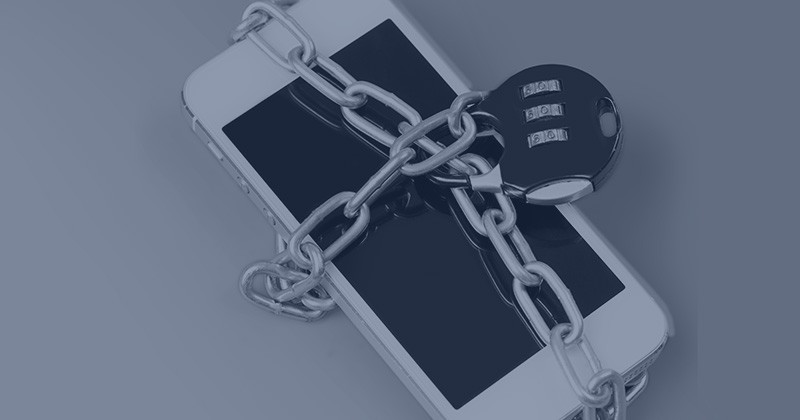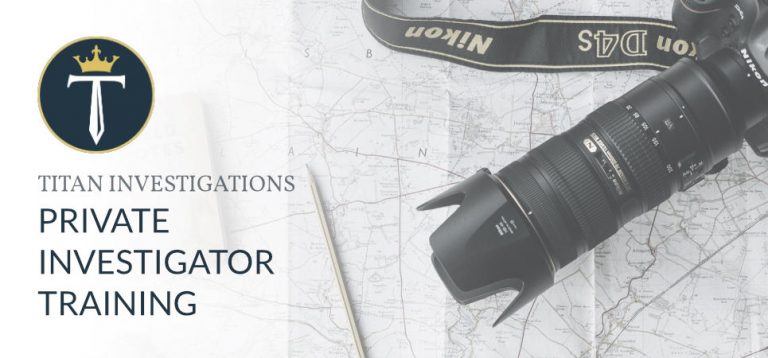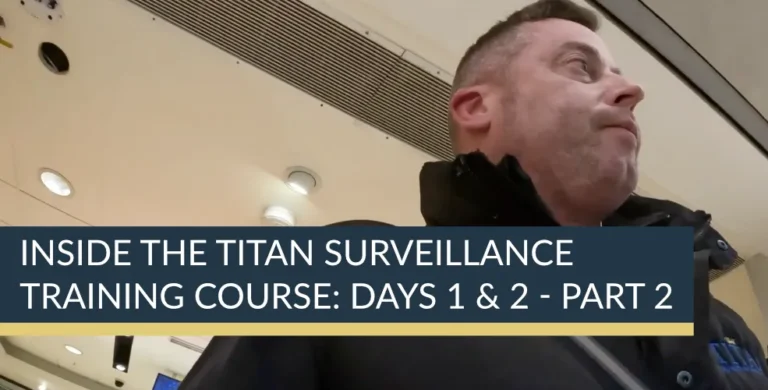Mobile Phone Hacking
Mobile Phone Hacking can it be used legitimately?
Titan Private Investigation regularly receive enquiries from clients who wish to monitor their partner’s/employees/competitors mobile phone communications. So, is it legal to intercept mobile telephone communications, otherwise known as ‘Phone Hacking’?
The simple answer is NO, the act of intercepting someone’s telephone calls, texts and or emails is a criminal offence and is punishable by either a fine or up to two years’ imprisonment or both. The victim also has the opportunity to prosecute the offender civilly in order to gain damages for this act.
There are occasions when it is permissible to monitor mobile communications and our specialist advisors are able to advice you on the legality of your requirements. Call either;
[ezcol_1third]
Mobile Phone Hacking Derby
01332 650029
19, St Christopher’s Way
Patriot Business Park
Pride Park
DE24 8JY
[/ezcol_1third]
[ezcol_1third]
Mobile Phone Hacking Nottingham
0115 8242244
Office 1090
109, Vernon House
Friar Lane
NG1 6DQ
[/ezcol_1third]
[ezcol_1third_end]
Mobile Phone Hacking Leicester
0116 3260777
1, Mill Lane
LE2 7HU
[/ezcol_1third_end]
All calls are strictly confidential or you can contact us direct using our confidential contact form
However, greater clarity surrounding the law governing the interception of mobile phone communications was called for in the form of Lord Justice Leveson’s inquiry into phone hacking and the ethics and culture of the UK media. News International, owner of the Sunday newspaper News of the World, has been in the spotlight following the interception of voicemail messages of celebrities and public figures by journalists and a private detectives working for the newspaper.
So what Acts of law cover ‘mobile phone hacking’?
Under the Regulation of Investigatory Powers Act 2000, the unauthorised interception of communications covers fixed and mobile telephone lines, emails, texts and pager messages. A person ‘intercepts’ a communication by making some or all of the content of the communication available, while being transmitted, to a person other than the sender or intended recipient of the communication. This act and the Human Rights Act 1998, however, only apply to public bodies such as the Police and local authorities.
As an individual the following legislation may be used to bring a prosecution;
- The Data Protection Act 1998 (regulates the use and processing of, “Personal data”).
- The Computer Misuse Act 1990
- The Harassment Act 1997
The first major conviction for phone hacking came in 2006 when two journalists were given prison sentences following the alleged surveillance of several members of the Royal Family.
Although the police have apparently previously taken the view that this legislation does not cover the hacking of voicemail messages unless they have not yet been listened to by the intended recipient, prosecutors now argue that it is an offence to hack into voicemail messages, irrespective of whether they have been listened to.














